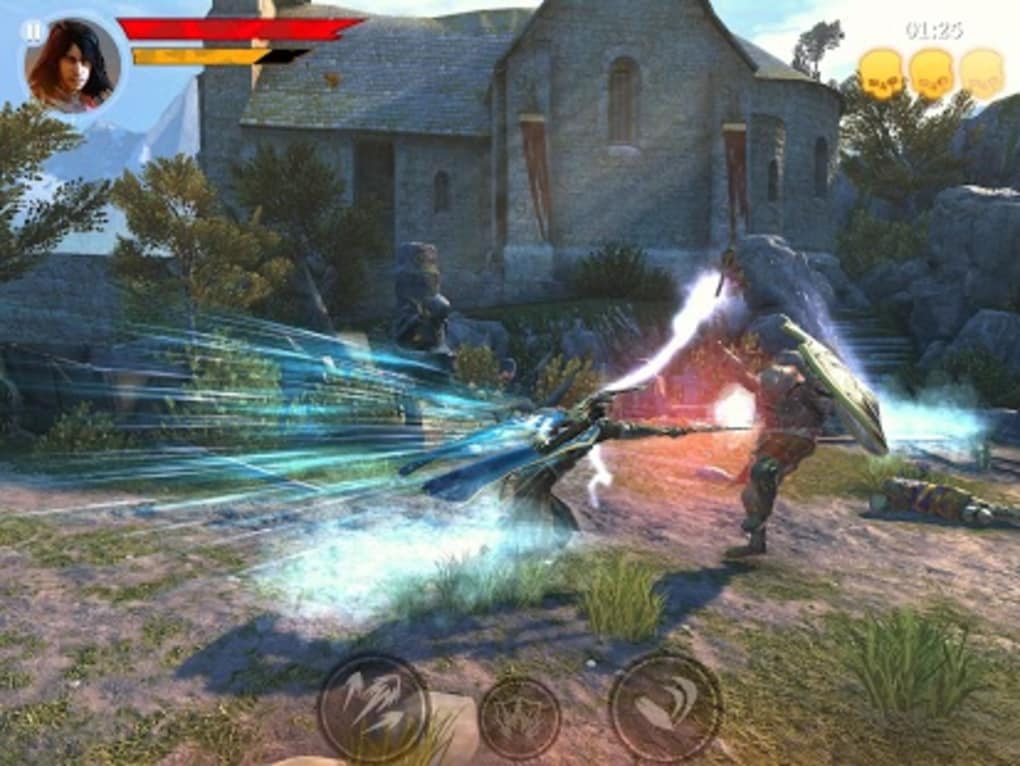


In medieval times, the Ronin were depicted as the shadows of samurai, master-less and less honorable. The term originated in the Nara and Heian periods, when it referred to a serf who had fled or deserted his master's land. It is an idiomatic expression for 'vagrant' or 'wandering man', someone who finds the way without belonging to one place.

The word rōnin is usually translated to 'drifter' or 'wanderer' however, per kanji, rō ( 浪) means "wave" (as in body of water) or "unrestrained", while nin ( 人) means "man" or "person". In modern Japanese usage, usually the term is used to describe a salaryman who is unemployed or a secondary school graduate who has not yet been admitted to university. A samurai becomes a rōnin upon the death of his master, or after the loss of his master's favor or legal privilege. 'a person of the waves') was a type of samurai who had no lord or master and in some cases, had also severed all links with his family or clan. In feudal Japan (1185–1868), a rōnin ( / ˈ r oʊ n ɪ n/ ROH-nin Japanese: 浪人, IPA:, 'drifter' or 'wanderer', lit. Ukiyo-e woodblock print by Yoshitoshi depicting Oishi Chikara, one of the forty-seven rōnin A woodblock print by ukiyo-e master Utagawa Kuniyoshi depicting famous rōnin Miyamoto Musashi having his fortune told. For other uses, see Ronin (disambiguation).


 0 kommentar(er)
0 kommentar(er)
